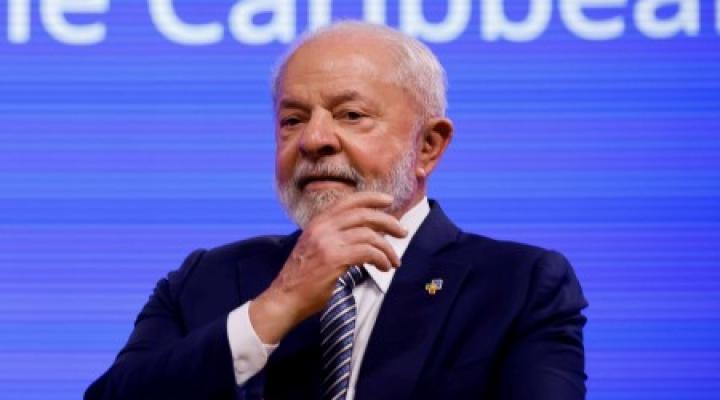SAO PAULO, (Reuters) – Brazil’s government said today that a new “growth acceleration program” to be launched by President Luiz Inacio Lula da Silva later in the day will include a total 1.7 trillion reais ($347.47 billion) in investments in all states.
The program, known as PAC, revisits an initiative bearing the same name initially introduced by Lula in 2007, during his first tenure as president, to boost investments in sectors such as energy, logistics, and urban and social infrastructure.
The program was later expanded under his successor, former President Dilma Rousseff. Critics say it incurred substantial spending, exacerbating the fiscal crisis, while failing to bring fundamental infrastructure changes.
But the government said its new version would be marked by a “strong partnership” between the public and private sectors.
According to a statement, 371 billion reais are set to be invested by the federal government under the plan, while state-owned firms such as oil giant Petrobras PETR4.SA would inject 343 billion.
The private sector, it added, is seen investing a total 612 billion reais, while another 362 billion are estimated to be directed to financing.
The program is aimed at “creating jobs and generating income, reducing social and regional inequalities in an effort tied to the ecological transition,” the government said.








